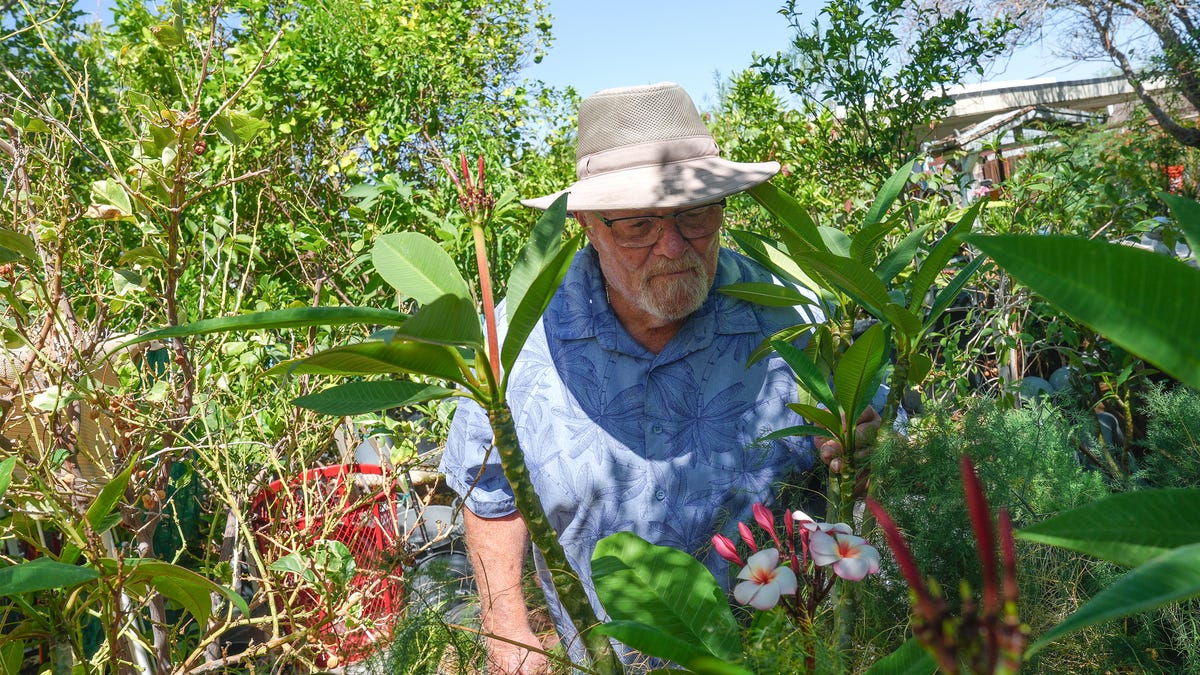More than 70% of Pennsylvania homes were built before the 1978 national ban on lead paint. In 2021, nearly 5,000 children in the state tested positive for high levels of lead in their blood. Lead paint is the lead source of exposure in the state, according to the Pennsylvania Department of Health.
Several cities, including Philadelphia, require landlords to certify their properties are lead-free.
Dr. Robb Bassett, associate medical director of the Philadelphia Poison Control Center at the Children’s Hospital of Philadelphia, said physicians continue to see patients who have been exposed to lead. He said preventing exposure by identifying lead paint is crucial.
“Unfortunately, when lead poisoning affects the body, particularly in small children, the impacts and health consequences can be extensive and devastating, including permanent neurologic damage, permanent cognitive impairment, and in the most extreme cases, can be fatal,” Bassett said. “Unfortunately, our ability to screen children for lead exposure only captures kids who have already been exposed, and we know there’s no safe lead level. If we’re only identifying children who have been exposed we are already behind the curve.”
To participate in the Lead-Based Paint Hazard Reduction program, families must meet certain income requirements and have a child in the home. If eligible, a contractor will assess the home for lead and eventually work to remove any hazards, which would typically cost thousands of dollars if paying out of pocket.
The new funding will help prevent kids from getting sick, said Michelle Naccarati-Chapkis, executive director of the Pennsylvania nonprofit Women for a Healthy Environment.
“This funding, once we identify properties that have lead in them, is a way to identify that property and mitigate that lead exposure to make sure that families are protected,” she said. “Unfortunately, we see children who have that exposure and then the harm has happened. And so our goal is to do this from a primary prevention perspective where we can mitigate that before the exposure happens.”
Naccarati-Chapkis and Dr. Bassett said there are several steps families can take to protect themselves.
They recommend children wash their hands before mealtime, and though the presence of lead isn’t inherently dangerous, parents should consider getting their kids tested for lead levels in their blood.











